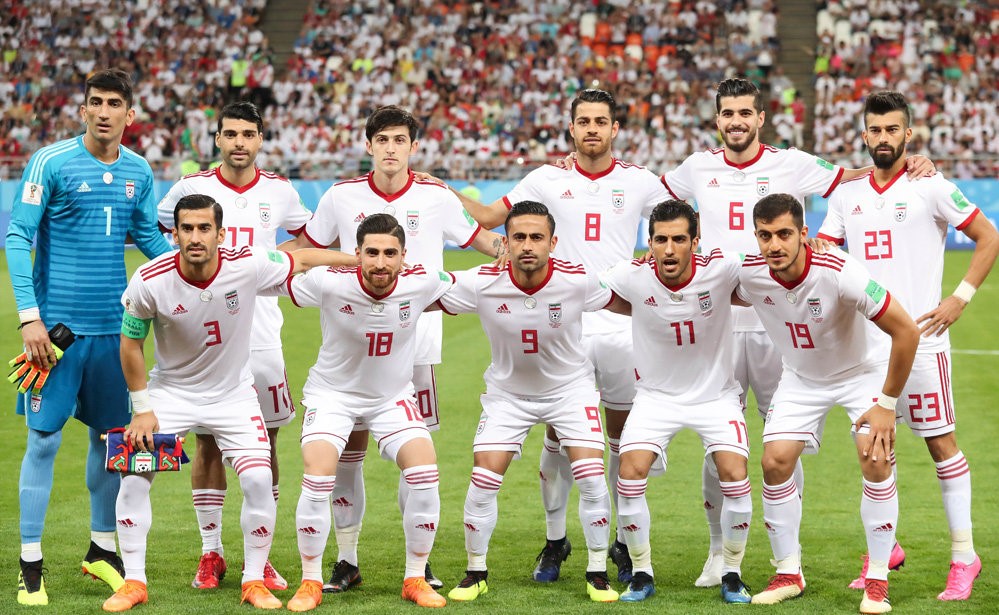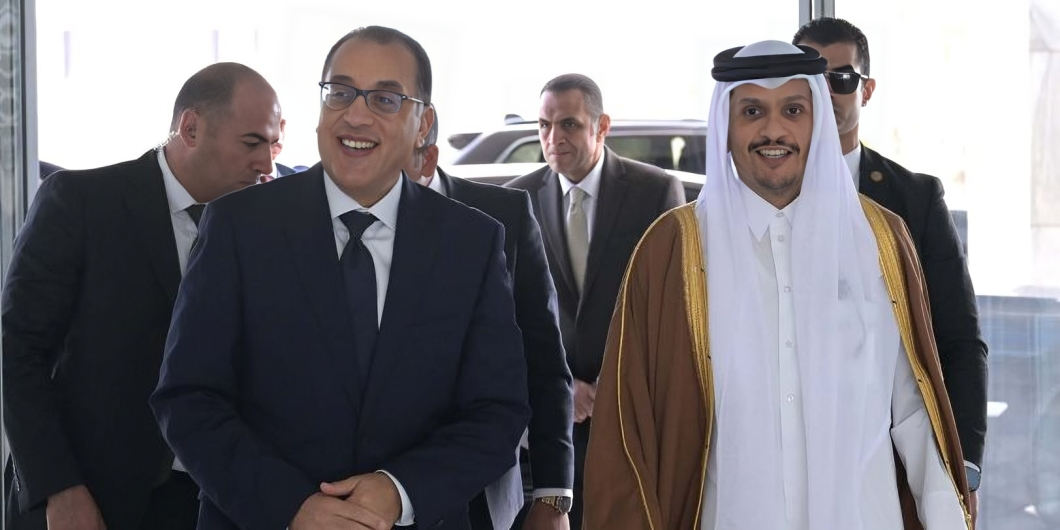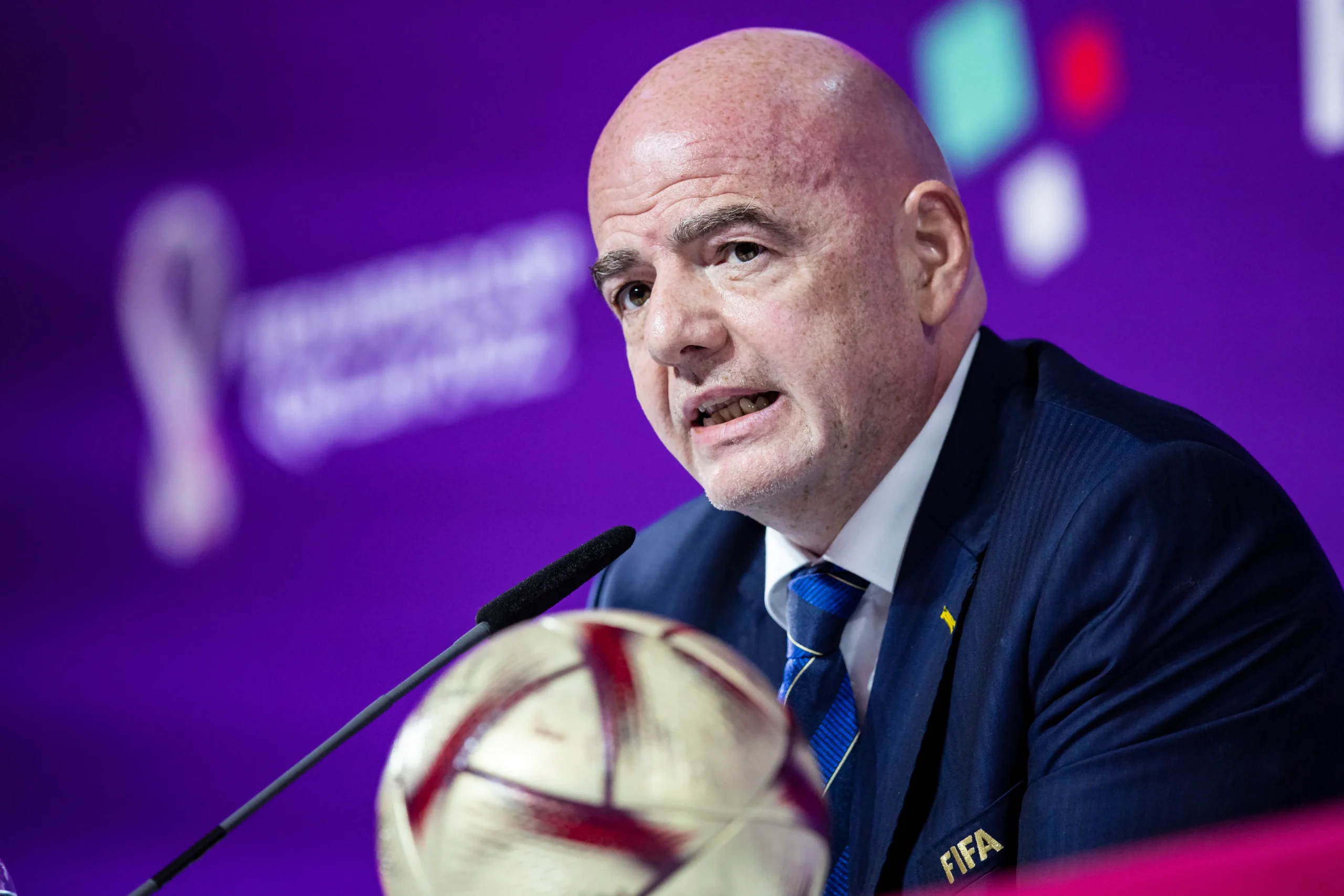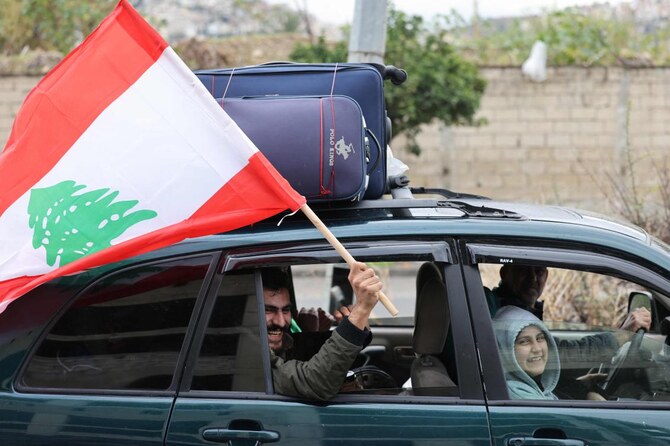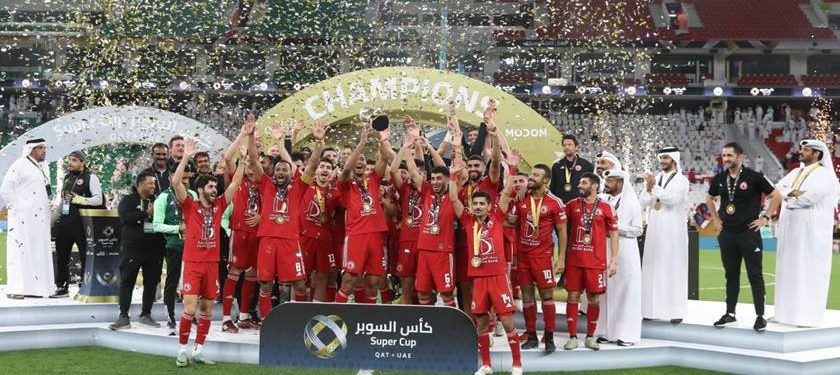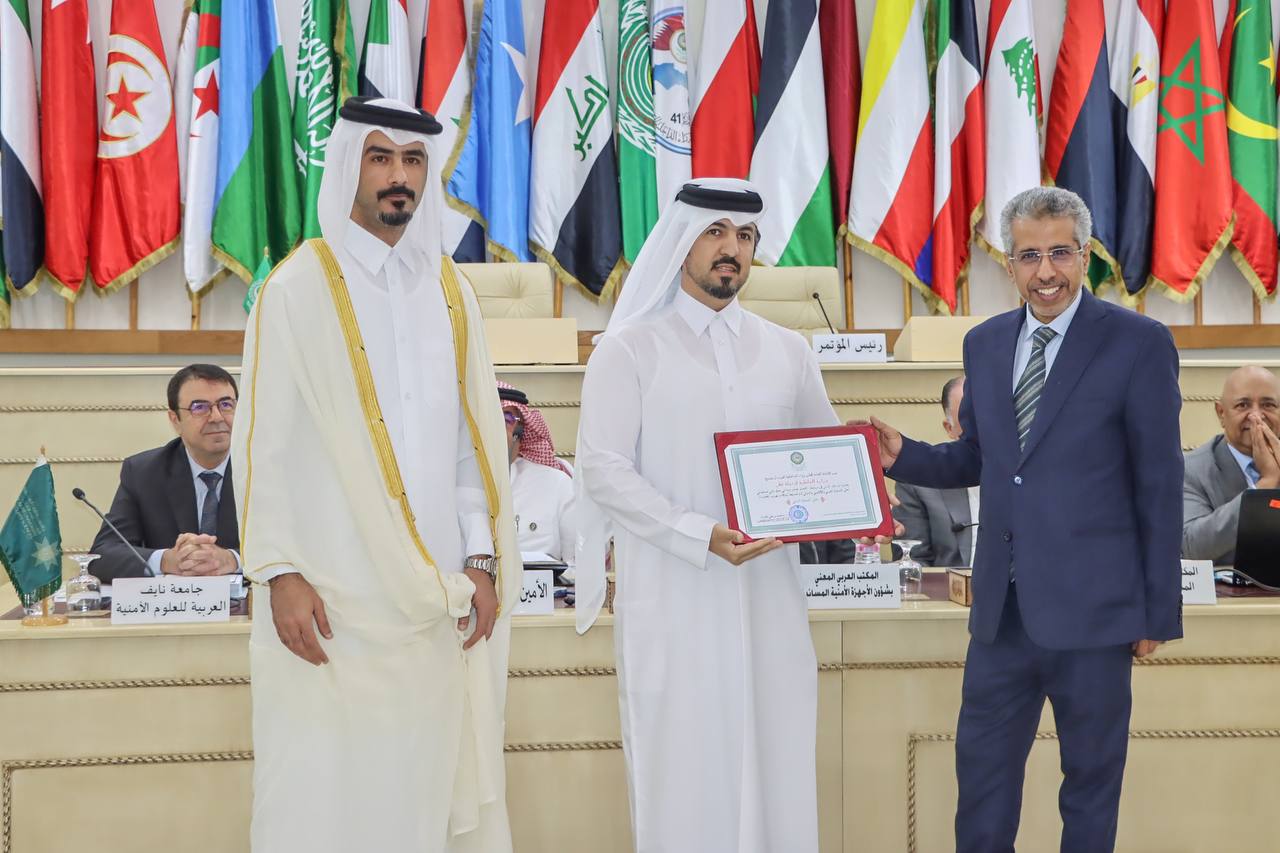Teams who went out in the group stage earned $9 million each, Iran included.
The Iranian national team players have decided to donate their World Cup prize money to free prisoners, sources privy to the matter claimed.
Nima Tavallaey Roodsari, a football journalist based in Gothenburg, confirmed the report “from a few reliable sources independently of one another.”
20 prisoners were reportedly freed in Ardabil in northwestern Iran, and others will be released in Bushehr, Lorestan, Kashan, and other cities across Iran, sources have detailed.
Teams who went out in the group stage earned $9 million each, Iran included.
The team faced immense pressure and widespread bad-mouthing at the stadium during the group stage games at the World Cup, as well as from fellow Iranians online due to their meeting with Iran’s President Ebrahim Raisi prior to Team Melli’s departure to Qatar.
However, the alleged move to donate the prize money has been praised by many online, with some calling it a “beautiful gesture” and another labelling them”true heroes of the World Cup.”
“For all the people chanting ‘bisharaf’ [honourless] in the stadium, this one is for you,” another such Twitter user said.
The team’s silence as the Iranian national anthem played before their opening World Cup match with England in November was largely seen as support for the protesters back home.
Shortly before the tournament, Iran’s national team manager said players are free to participate in the nationwide women’s rights protests that have blanketed their home country while competing in the World Cup in Qatar, but they must do so in accordance with the tournament’s regulations.
Heading Iran for a third time at a World Cup, Carlos Queiroz said “everybody has the right to express themselves” given they follow the FIFA rules.
In reference to athletes who protest against racial inequality in England, he said at the time: “You guys bend your knees in the games,” adding that “some people agree, some people don’t agree with that, and Iran is exactly the same,” according to reports.
For almost four months, Iran has been rocked by protests triggered by the death of 22-year-old Mahsa Amini who died while in police custody, sidelining Iran’s World Cup attention.
Amini was visiting Tehran when she was arrested by morality police on charges of failing to wear the hijab in accordance with government standards. She later died in hospital, with Iranian police maintaining she died of natural causes, while her family claimed she was tortured and killed.
Since the outbreak of protests across the Islamic Republic, athletes, including football players in the local league and international competitions, have refused to celebrate victories, prizes, and goals.
During a friendly with Senegal in Maria Enzersdorf in September, Iran’s national team made clear its solidarity with the most recent protests in the Islamic Republic.
Standing arm in arm on the pitch, the players wore plain black jackets to cover their national symbols as the national anthem was played at the stadium.
Described as “brave”, the team’s act of solidarity came as protests raged across Iran, where hundreds of thousands demonstrated against the government following the death of Amini.
The team’s forward Sardar Azmoun spoke out on the decision to protest the government’s brutal crackdown on his social media page, saying it is worth any consequences that may arise.
“At worst, I’ll be dismissed from the national team. No problem. I’d sacrifice that for one hair on the heads of Iranian women. This story will not be deleted. They can do whatever they want. Shame on you for killing so easily; long live Iranian women,” Azmoun wrote.
Elsewhere, Iranian beach football player, Saeed Piramoon, mimicked cutting his hair after scoring in the Emirates Intercontinental Beach Soccer Cup final, showing brazen support for the demonstrations sweeping his home country.
The gesture reflected the ongoing movement by many individuals cutting their hair to testify their solidarity with Iranian women.

